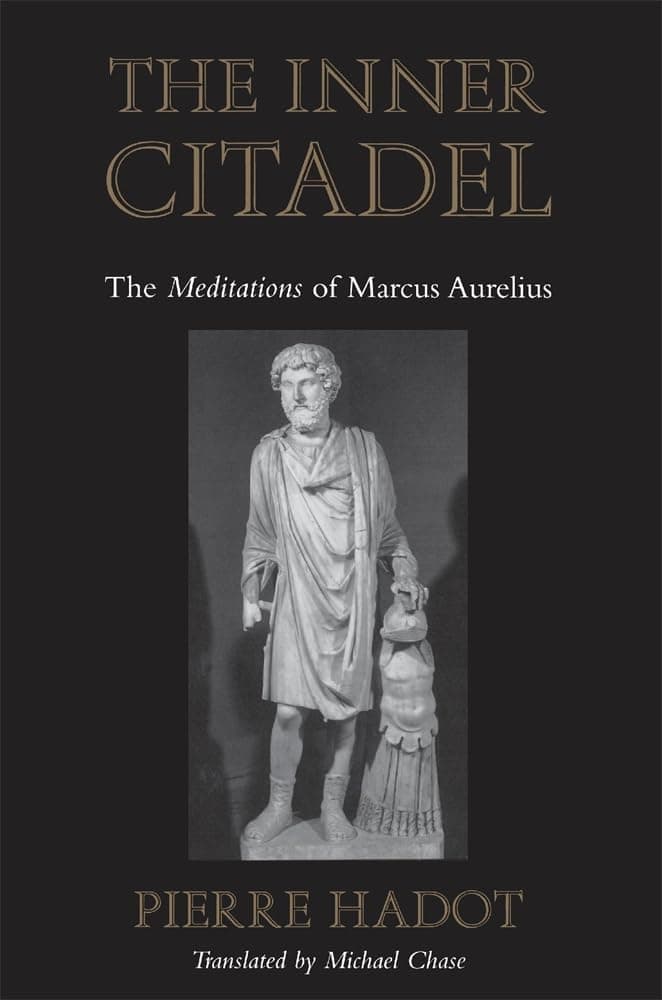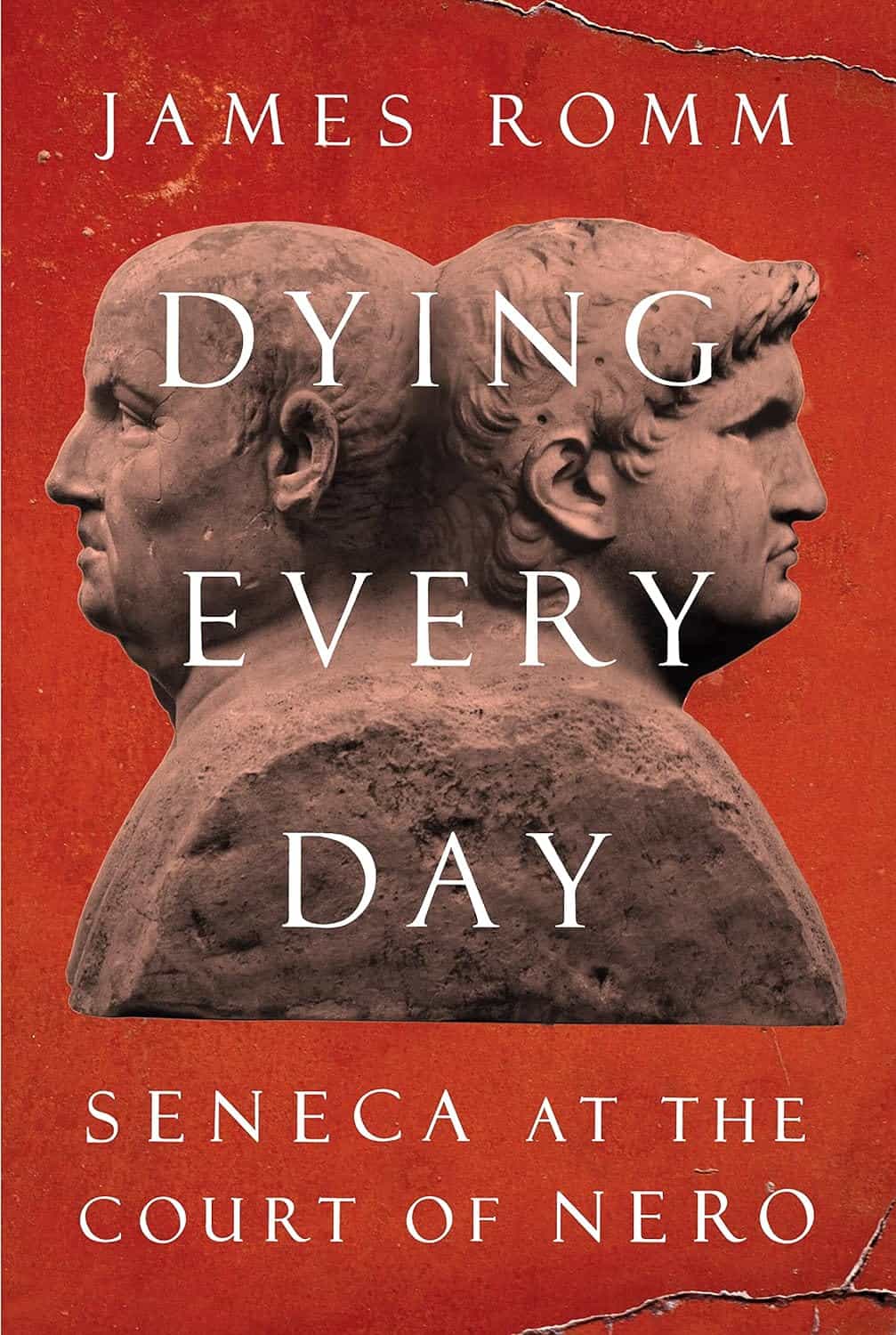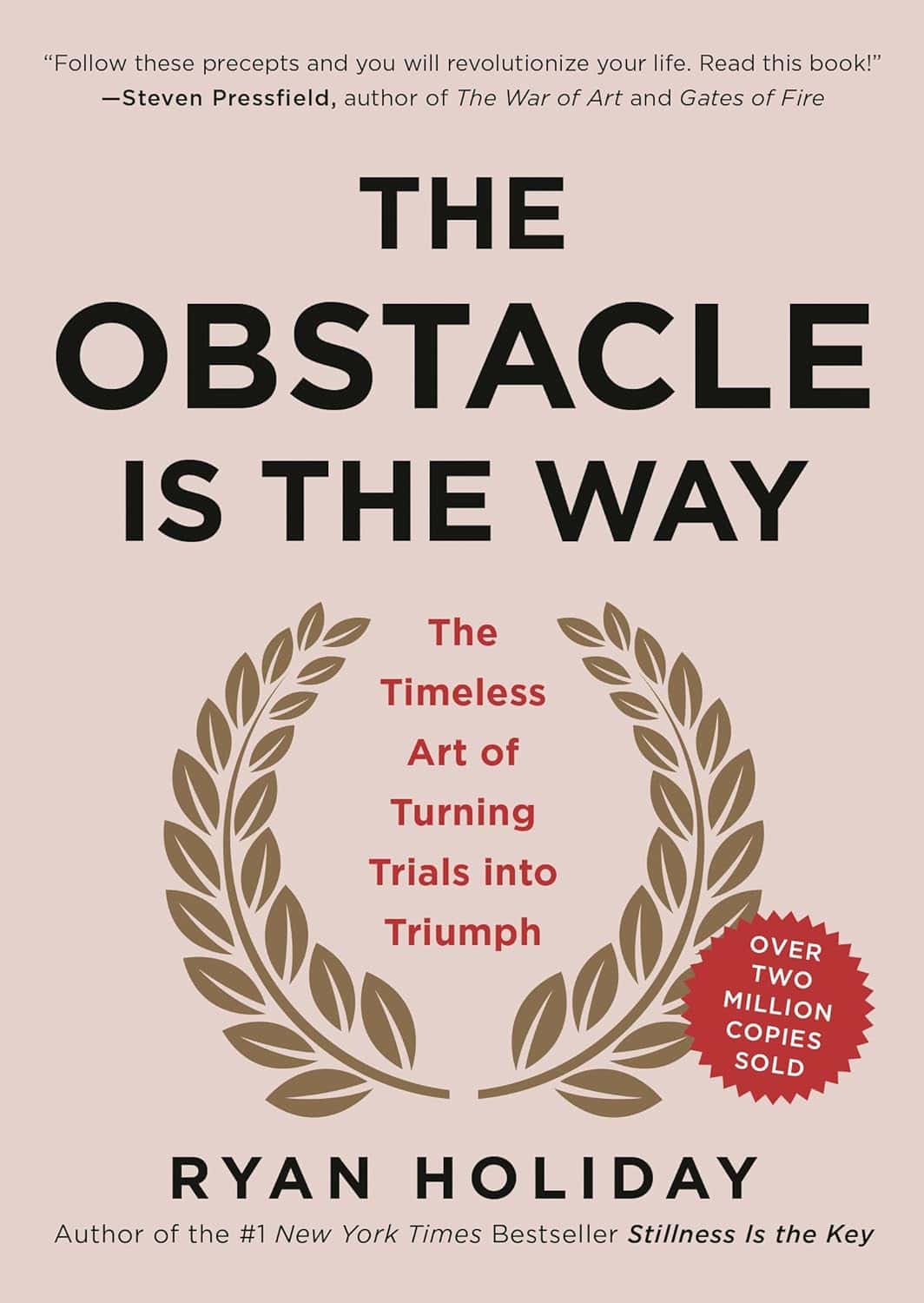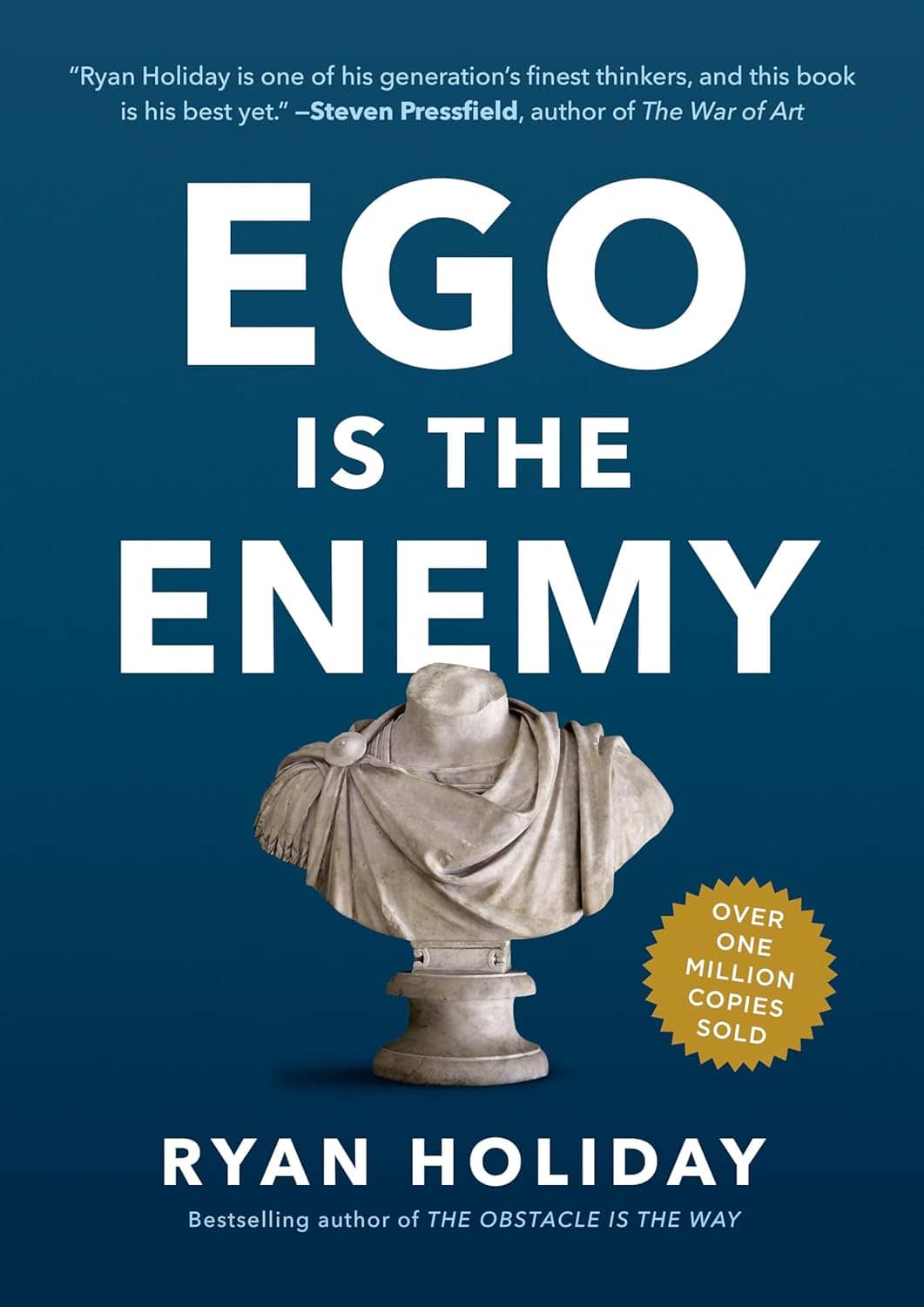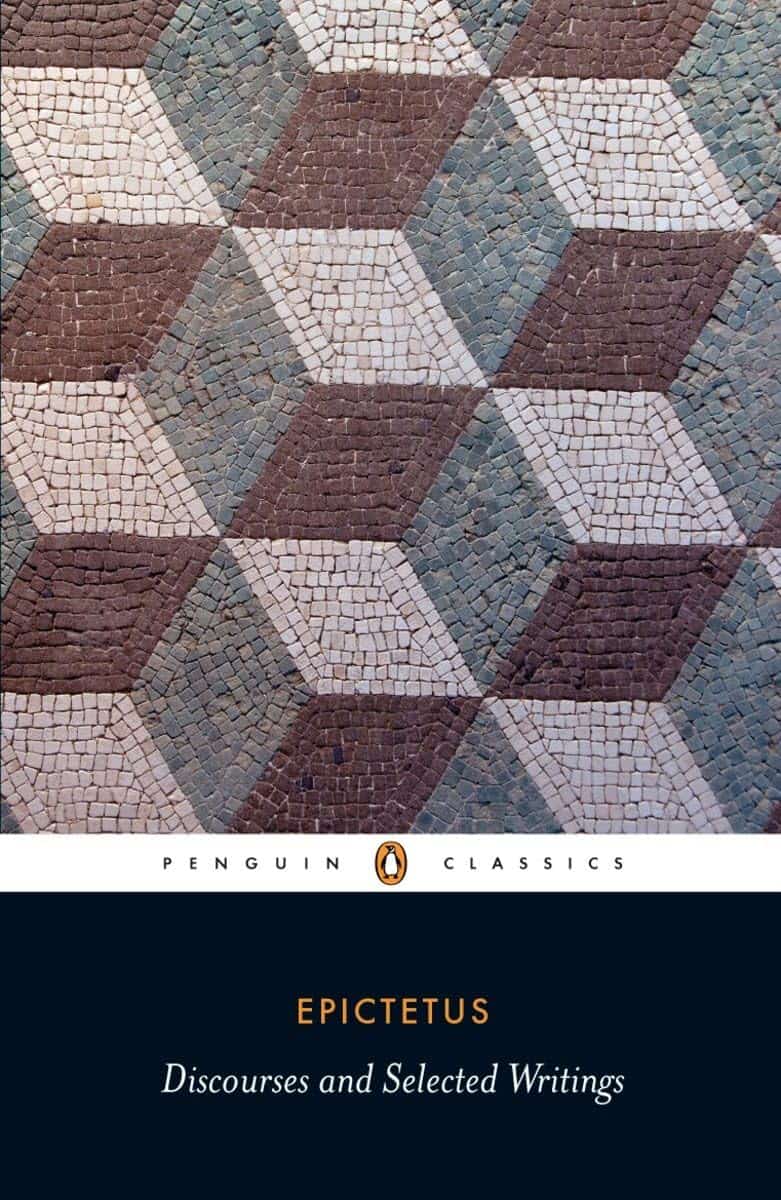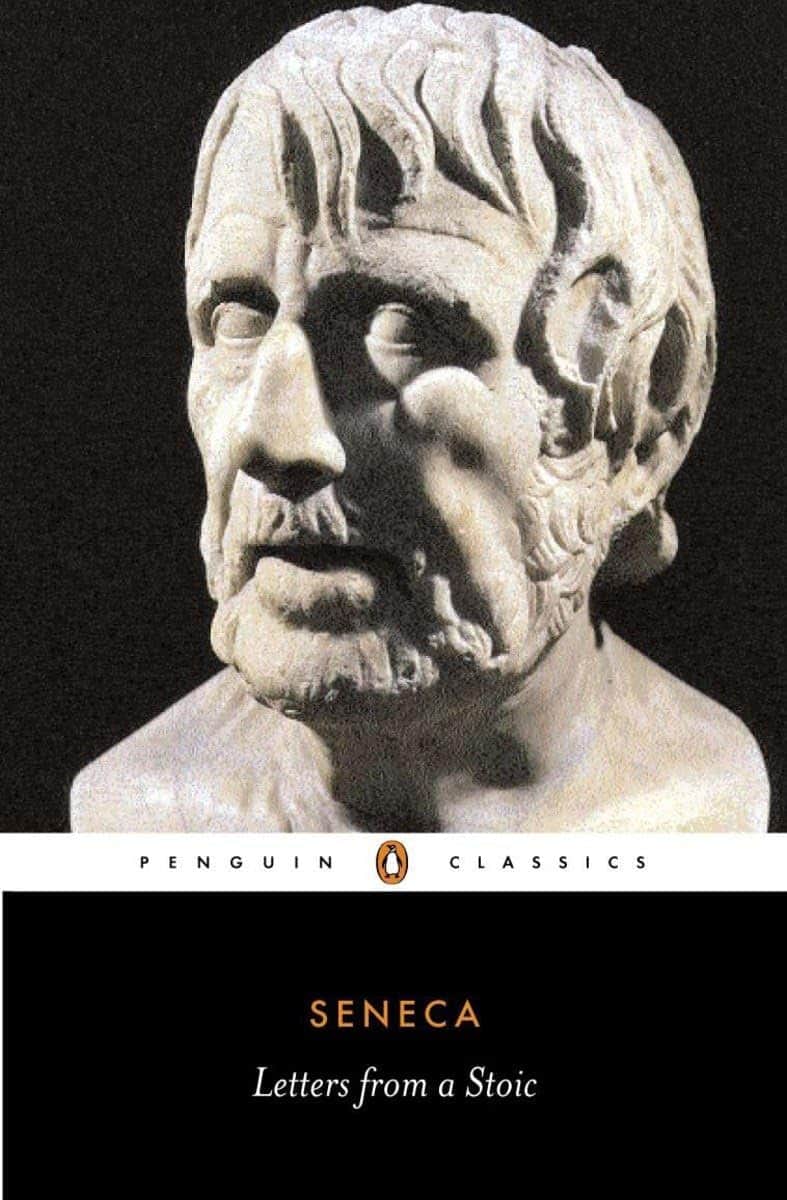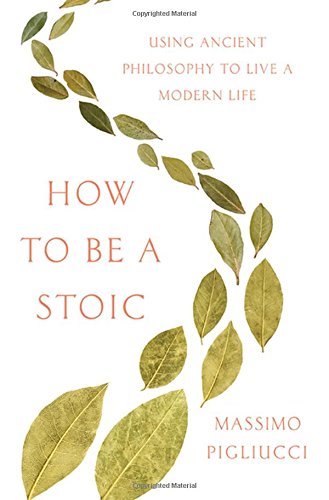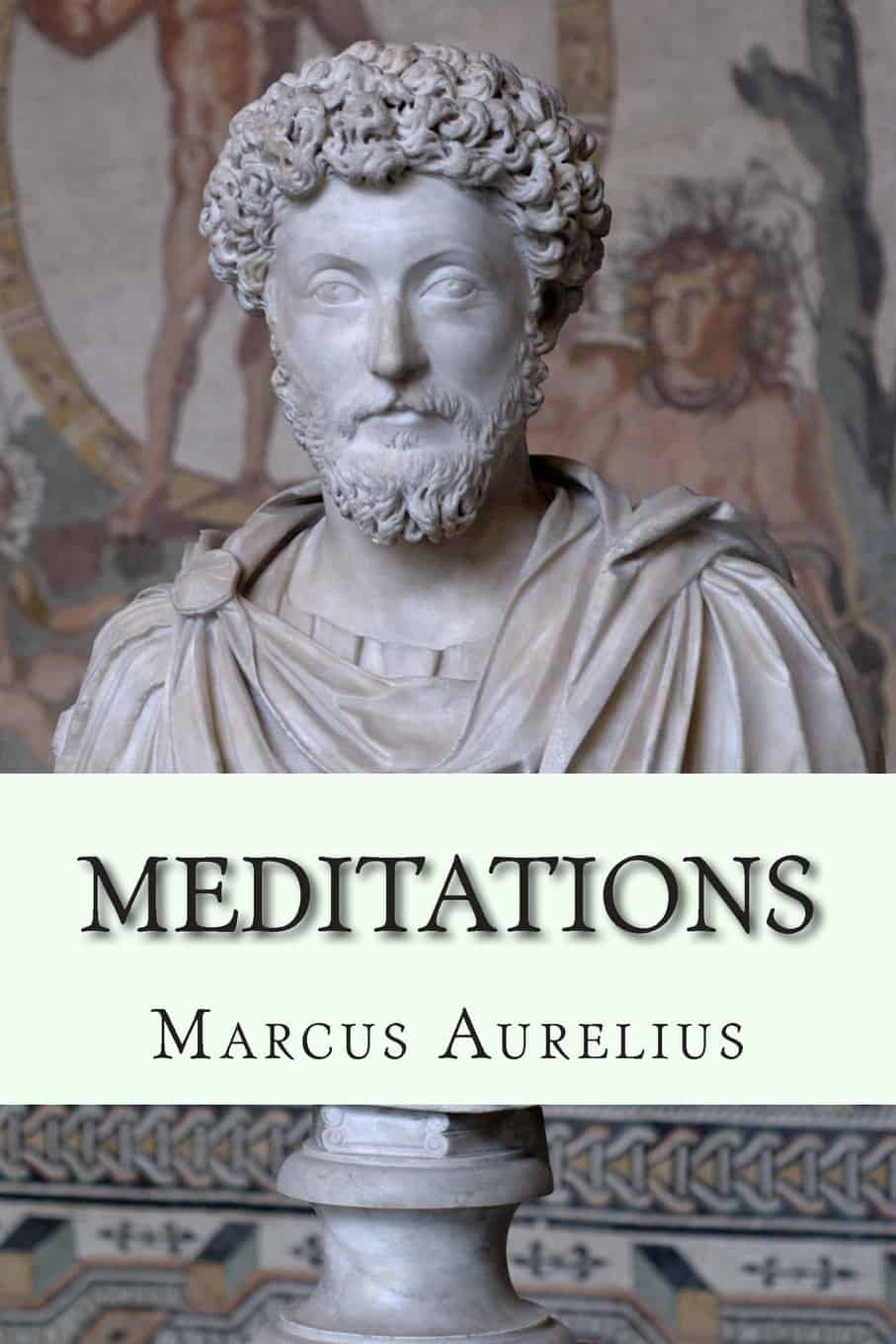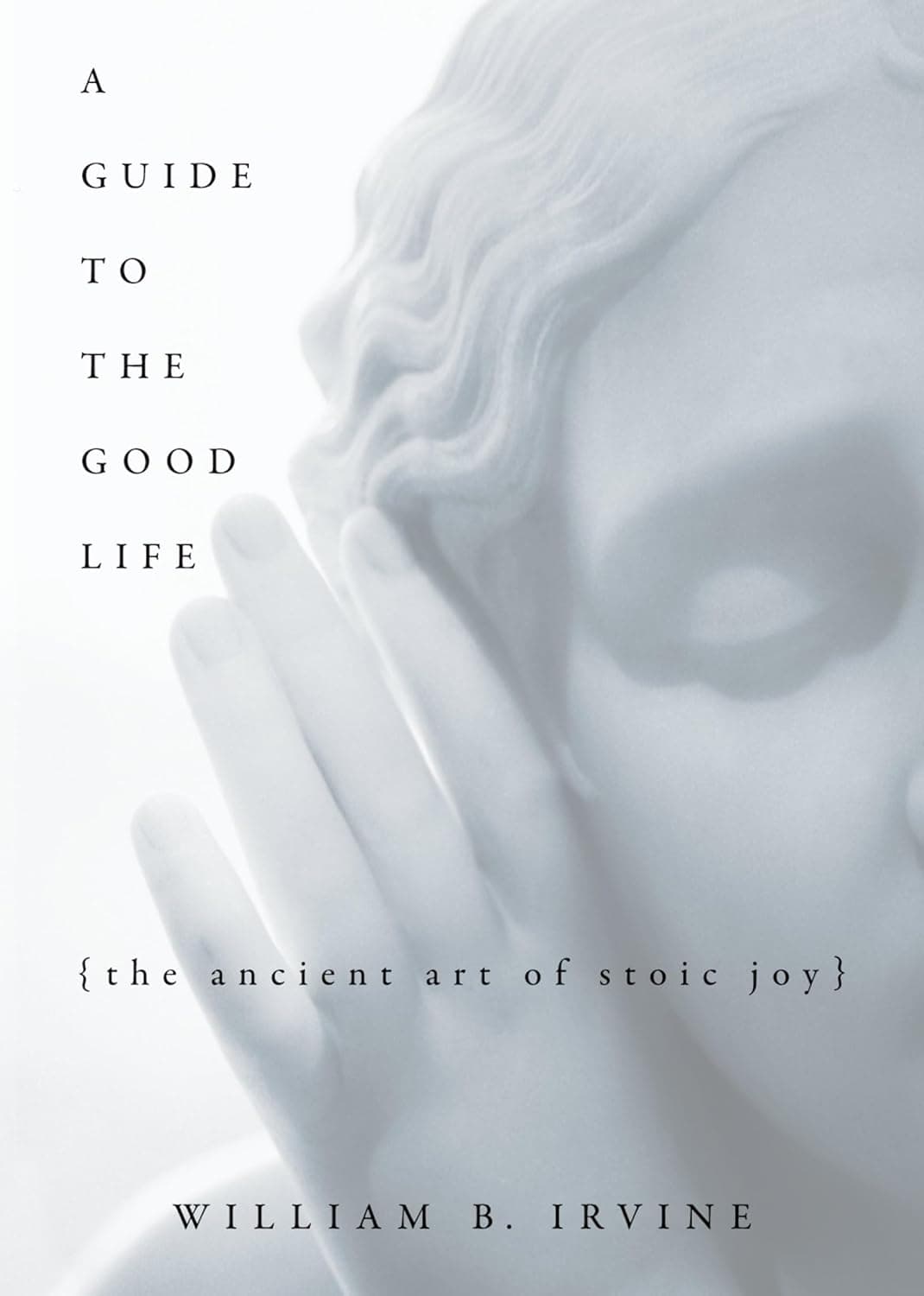Stoicism is a practical philosophy that deals with everyday problems. It was founded in Athens by Zeno of Citium and quickly spread throughout the ancient Greek and Roman worlds.
The most well-known stoic philosophers are Marcus Aurelius, Seneca, and Epictetus, who came from vastly different backgrounds, demonstrating that stoicism can be applied in any situation and that anyone can benefit from its teachings.
Stoicism is not theoretical but rather meant purely for practice, offering ways to become more steadfast, less emotional, and more satisfied with one’s life. A curated reading list of the 10 best books on stoicism is provided to help readers navigate the vast amount of available literature.
The Inner Citadel by Pierre Hadot
The Inner Citadel is a scholarly work that provides an in-depth analysis of Marcus Aurelius’ Meditations. Pierre Hadot’s book offers a fresh perspective on Aurelius’ philosophy and Stoic thinking. The Meditations are written in short entries and lack an overall philosophy, making Hadot’s analysis a valuable resource for those seeking a deeper understanding of Stoic philosophy. However, the book is not recommended for beginners in Stoic reading.
Hadot’s analysis provides new insights into Aurelius’ philosophy, including his views on ethics, self-improvement, and the nature of the universe. The book also explores the role of philosophy in daily life and how it can help individuals achieve inner peace and tranquility. Overall, The Inner Citadel is an essential read for anyone seeking a comprehensive understanding of Stoic philosophy and Marcus Aurelius’ Meditations.
Dying Every Day by James Romm
Dying Every Day by James Romm is a book that explores the life of Seneca, a paradoxical figure who was a wealthy man advocating for a simple life. The book delves into his relationship with Nero, one of the cruelest emperors of Rome, whom Seneca taught and mentored.
The author presents the complexities of being a stoic and trying to control Nero, as well as Seneca’s struggles. Ultimately, the book shows how Nero became the person who ordered Seneca’s death. Dying Every Day offers a clear and refreshing perspective on the life of Seneca and his relationship with Nero. Readers can purchase the book on Amazon.
The Obstacle is the Way by Ryan Holiday
Ryan Holiday’s book, The Obstacle is the Way, is a practical guide to applying the principles of stoicism to modern life. Based on a quote by Marcus Aurelius, the book focuses on the idea that obstacles and challenges are not something to be feared or avoided, but instead should be embraced as opportunities for growth and learning.
Holiday argues that by changing our perspective and seeing obstacles as a chance to develop our skills and character, we can transform our problems into opportunities.
The book provides numerous examples of historical figures and modern-day success stories who have applied these principles to overcome adversity and achieve their goals. The Obstacle is the Way is a valuable resource for anyone looking to improve their resilience, overcome obstacles, and achieve success in their personal and professional lives.
Ego is the Enemy by Ryan Holiday
Ego is the Enemy, the second book from Ryan Holiday that applies stoic principles in a modern way, sheds light on how our ego can be toxic and dangerous. In today’s world, where we tend to inflate our egos by creating a persona on social media and posting every little detail about our lives, it is important to understand that our ego is holding us back and setting us up for failure.
Holiday emphasizes the need to stay humble, focused, and apply oneself for the greater good, not just for personal gain. The book aligns with the old stoic thinkers who believed in the importance of humility and self-awareness.
By reading Ego is the Enemy, readers can learn how to avoid the pitfalls of ego and how to cultivate a mindset that is focused on growth and improvement. The book offers valuable insights and practical advice that can help readers lead a more fulfilling life.
Discourses and Selected Writings by Epictetus
Epictetus was the last of the three famous ancient stoic philosophers, and unlike Marcus Aurelius and Seneca, he was a low ranking member of society. He began his life as a slave and worked for many years in the household of a wealthy freedman. Later on, he gained his own freedom and established a stoic school of philosophy.
Epictetus is known for his dogmatic and sometimes difficult to read writing style. However, his Enchiridion (handbook) is a good summary of his philosophy and reflects on all the main points of his work. It is an excellent starting point for readers who want to delve deeper after reading some of the other books on this list.
The full discourses, on the other hand, are transcribed directly from the classroom and are not as polished or easy to read. Despite this, they are still a valuable resource for those interested in Epictetus’ philosophy.
On the Shortness of Life by Seneca
Seneca, a prominent Roman philosopher, wrote multiple essays that elaborate on his philosophy. One of his most famous essays is “On the Shortness of Life,” which argues that life is not short, but rather long enough if used properly. Seneca believes that wasting time on trivial matters and not pursuing one’s goals and passions will make life seem short. However, a person who prioritizes their time and focuses on their goals will find that life is long and fulfilling.
In this essay, Seneca emphasizes the importance of time management and the pursuit of meaningful goals. He encourages readers to focus on what truly matters and not waste time on unimportant matters. Seneca argues that life is not short, but rather people make it seem short by not using their time wisely.
The essay “On the Shortness of Life” is one of three essays included in a short book by Seneca. The other two essays, “On the Tranquillity of the Mind” and “Consolation to Helvia,” deal with emotions, ambition, and the practical application of Stoicism. This book is an excellent starting point for those interested in reading the original Stoic texts.
Letters from a Stoic by Seneca
One of the most readable and enjoyable ancient Stoic texts is Seneca’s letters. Although addressed to a friend, Seneca writes directly to the reader, with posterity in mind. The letters cover a wide range of topics, including friendship, death, wealth, sadness, failure, loss, success, the meaning of life, and happiness.
However, the central theme of all the letters is the Stoic philosophy. Seneca uses stories, examples, and coaching in the letters to help readers gain a better understanding of what it means to be a Stoic in practice.
How to Be a Stoic: Using Ancient Philosophy to Live a Modern Life by Massimo Pigliucci
Massimo Pigliucci, a modern stoic and American-Italian philosopher, has authored an excellent introductory book on stoicism. Pigliucci is well-known for his popular blog on modern stoicism, which unfortunately is now only accessible behind a paywall. His book is a perfect starting point for anyone looking to begin their journey into stoicism.
It offers practical guidance on how to apply ancient philosophy in modern life.
Meditations by Marcus Aurelius
Meditations by Marcus Aurelius is a collection of personal notes written by the Roman emperor himself. Although never meant to be published, this ancient stoic text is full of wisdom that still holds relevance today. In these reflections, the emperor reminds himself of important moral and stoic lessons, and makes observations on the world around him.
Throughout the text, Marcus Aurelius reflects on the importance of humility, discipline, and emotional control. He emphasizes the importance of being a good person and frequently reminds himself to do the right thing, regardless of the circumstances.
The Meditations from Marcus Aurelius are a valuable resource for anyone looking to learn more about stoicism. The text is full of practical advice and insights that can help individuals live a more fulfilling life.
The most modern translation of the Meditations is by Gregory Hays, which is highly recommended for anyone interested in reading this ancient stoic text.
A Guide to the Good Life: The Ancient Art of Stoic Joy by William Irvine
William Irvine’s A Guide to the Good Life is a popular introductory book to the ancient philosophy of stoicism. The book offers a modern translation of stoic concepts and advice, making it accessible to readers who are new to the philosophy.
It provides readers with a good introduction to stoic philosophical concepts and practical pointers on how to apply them to their own lives. The book is highly recommended for those who want to learn more about stoicism and how it can help them find joy in life.
Summary
Stoicism is a philosophy that has gained popularity in recent years due to its emphasis on personal growth and resilience. The following ten books on stoicism provide insight into the principles and practices of this philosophy, as well as practical advice on how to apply them to everyday life.
These books cover a range of topics, from the history of stoicism to modern interpretations, and offer valuable insights for anyone seeking to cultivate a more mindful and fulfilling life.
